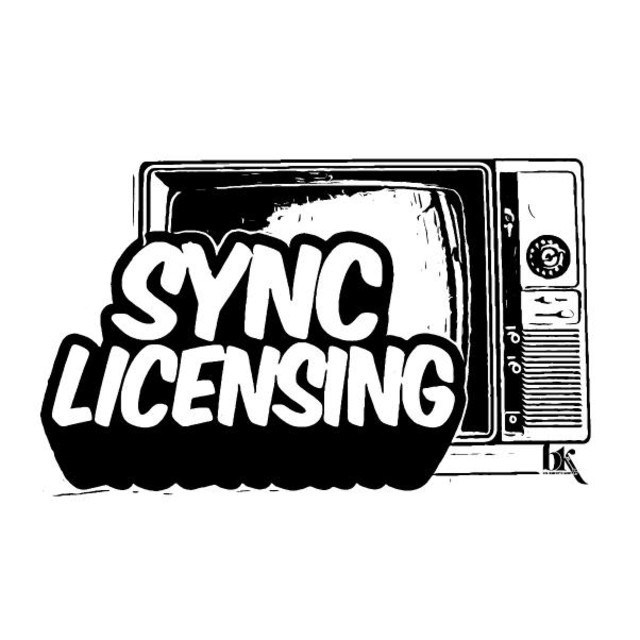Sync Music Licensing – Why a professionally written sync music license is critical in legally covering the width and breadth of an audience with the option of using different media platforms in both the US and abroad
Sync music licensing refers to the process of obtaining legal permission to use a piece of music in a visual medium such as a film, television show, video game, or commercial. It is a critical aspect of the music industry as it allows creators to legally use music in their projects, while also ensuring that the rights holders of the music are fairly compensated.
A professionally written sync music license is critical in legally covering the width and breadth of an audience with the option of using a media platforms in both the US and abroad. In the US, sync music licensing is governed by copyright law, which gives the copyright holder of a piece of music the exclusive right to reproduce, distribute, and perform the work publicly. This means that anyone who wants to use a piece of music in a visual medium must obtain permission from the copyright holder in order to do so.
The process of sync music licensing can be complex and time-consuming, particularly when it comes to securing rights for music to be used in multiple territories and across multiple platforms. This is where a professionally written sync music license comes in. A well-written sync music license will clearly outline the rights being granted, the terms of the license, and any restrictions on the use of the music.
One of the main benefits of a professionally written sync music license is that it ensures that all parties involved are clear on the rights and responsibilities associated with the use of the music. This can include things like the length of time the music can be used, the specific platforms where the music can be used, and any restrictions on the number of times the music can be used. A sync music license will also include details about the compensation that will be paid to the rights holder, including any royalties that will be paid for each use of the music.
A professionally written sync music license is also critical in ensuring that the music is used in compliance with copyright law. In the US, copyright law is complex and can be difficult to navigate, particularly for those who are not familiar with the legal system. A sync music license will help to ensure that the music is used in compliance with copyright law, which can help to avoid any potential legal issues down the line.
Another benefit of a professionally written sync music license is that it can help to ensure that the music is used in the most effective way possible. A sync music license will often include details about the specific scenes or segments where the music will be used, which can help to ensure that the music is used in a way that enhances the overall project. This is particularly important for creators who are looking to use music to create a certain mood or atmosphere in their project.
In conclusion, sync music licensing is a critical aspect of the music industry. It allows creators to legally use music in their projects, while also ensuring that the rights holders of the music are fairly compensated. A professionally written sync music license is critical in legally covering the width and breadth of an audience with the option of using a media platforms in both the US and abroad. It ensures that all parties involved are clear on the rights and responsibilities associated with the use of the music, compliance with copyright law, and the most effective use of the music in the project.

Stay up-to-dateStay up-to-date with our latest posts, review our videos critically and do it all for free by subscribing and supporting our work on SubstackThanks for reading Tommy Mac’s Sync Music Substack!
SyncLicensing #MusicLicensing #SyncMusic #Licensing #MusicSupervision #MusicPlacement #SyncRights #MusicClearing #MusicSync #Sync #LicensingMusic







